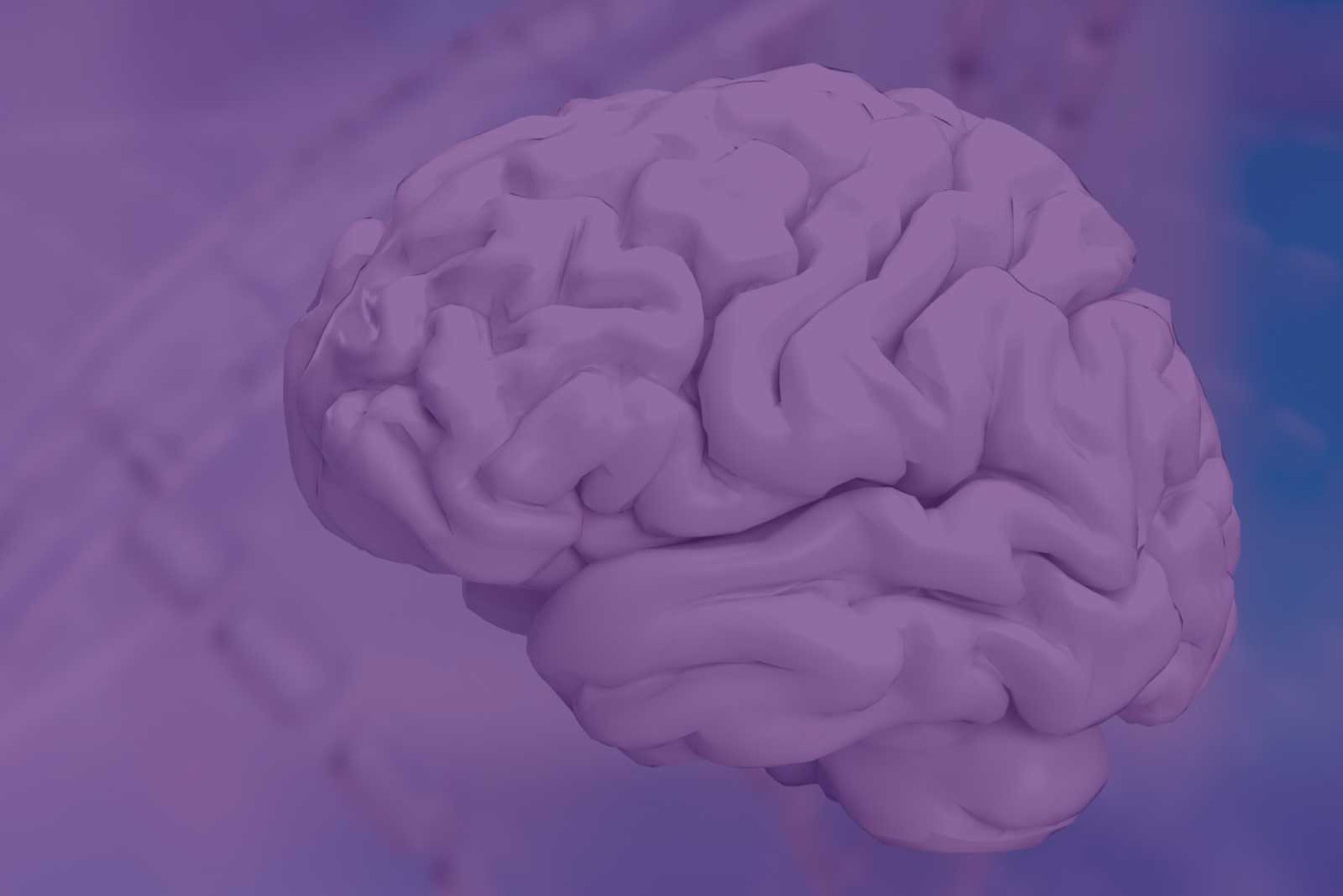With more than 7 million people living with Alzheimer’s in the United States, odds are you or someone you know has been impacted by this disease. Alzheimer’s is a form of dementia caused by damaged or destroyed neurons and can cause symptoms like memory, language, and cognitive problems; mood changes; and personality or behavior shifts, such as apathy, confusion, and fear. Experts believe Alzheimer’s is caused by multiple factors, including age, genetics, environment, lifestyle, and coexisting medical conditions. While you cannot change risk factors like age and genetics, you can make lifestyle adjustments to reduce your risk of developing Alzheimer’s and other cognitive conditions.
Five Tips for Keeping Your Brain Healthy
- Challenge Your Mind
Challenging your mind may have short- and long-term benefits for your brain. Do something new to you, like trying a new hobby, learning a new skill, or taking a class.  Get Moving
Get Moving
Engage in regular exercise with activities that raise your heart rate and increase blood flow to the brain and body. Whether it’s walking, dancing, or gardening, get moving every day.- Eat Right
Eating healthier foods can help reduce your risk of cognitive decline. Make sure meals and snacks include more vegetables, leaner meats/proteins, and less-processed, lower-fat foods. - Practice Healthy Habits
Reduce your chances of cognitive decline with healthy habits: Quit smoking, control your blood pressure, manage diabetes, maintain a healthy weight, and get good quality sleep. - Protect Your Head
Take steps to prevent injury to your head. Wear a helmet for biking, use seatbelts in the car, wear protective gear when playing sports, and take steps to prevent falls.
Resources for Caregivers and Those with Alzheimer’s
Alzheimer’s can take a toll on both the person suffering from the disease and their family and caregivers. The good news is that there are many resources available to help.
Support Groups
 Community Nursing Services (CNS) and University of Utah College of Nursing’s Caring Connections hosts a free pre-loss group for caregivers and dementia patients. The 10-week program held in January is designed to address and mitigate the risk of prolonged grief in family caregivers. A recent study has shown that there is a lack of preparedness and pre-loss experience are most predictive of poor bereavement outcomes. This group was created to help address that.
Community Nursing Services (CNS) and University of Utah College of Nursing’s Caring Connections hosts a free pre-loss group for caregivers and dementia patients. The 10-week program held in January is designed to address and mitigate the risk of prolonged grief in family caregivers. A recent study has shown that there is a lack of preparedness and pre-loss experience are most predictive of poor bereavement outcomes. This group was created to help address that.
This group is the latest initiative by CNS to support individuals experiencing cognitive decline and their family caregivers. CNS is also involved in related research and offers assistance through a variety of services and programs.
Online Resources
From the Alzheimer’s Association (ALZ.org) to the Alzheimers.gov site, there are many online resources to understand Alzheimer’s Disease and related dementias and how to care for those in cognitive decline.
24/7 Helpline
The Alzheimer’s Association’s free Helpline (800.272.3900) allows families to talk with a dementia expert at any time.
